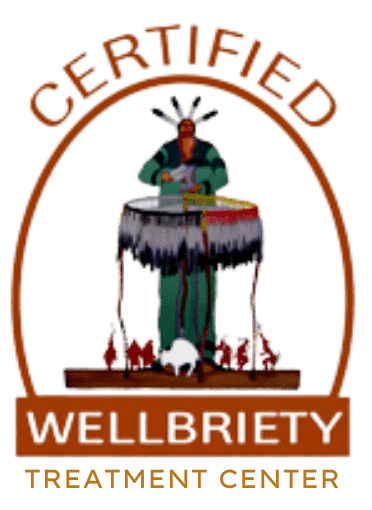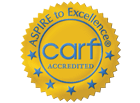Substance abuse is nothing new in college-culture, but college students have started moving from binge drinking to adderall binging. The National Institute on Alcohol and Alcoholism (NIAAA) has found that four in five college students drink alcohol. One’s college and university years are generally characterized by underage drinking, sometimes excessive. One report on high-risk drinking in college found that heavy drinking is often interwoven into cultural norms on many campuses and that there is no single cause for excessive alcohol use by students; but that studies show two dominant drinking patterns: drinking related to impulsivity and sensation-seeking and drinking to manage negative emotions.
Stimulants prescribed for ADHD, such as Adderall, tend to be used by students to supplement studying or other academic activities, and are often viewed as relatively harmless (being as they are not considered “hard drugs”), though the drugs can become habit-forming and be highly addictive.
The prevalence of substances on campus
The National Institute on Drug Abuse has found that heavy alcohol use seems to be higher among college students than their non-college peers.
Data collected from 2011 to 2014 by the Substance Abuse and Mental Health Services Administration (SAMHSA) found that, of the full-time college students aged 18 to 22 using alcohol or illegal drugs on an average day, 1.2 million drank alcohol and over 29,000 used drugs that were not marijuana. Most students who fell into the latter category used cocaine. The survey also found that 39 percent of full-time college students engaged in binge drinking in a month’s time and just over 13 percent engaged in heavy alcohol use.
Some begin using substances in college, but most (60 percent) people experiment with alcohol before they step foot on campus, according to the previously mentioned report on high-risk drinking in college by the National Institute of Health. It was also found that drinking tends to be heavier among white males and those who are active in campus team sports or Greek life.
In 2016, just ten percent of college students reported using Adderall, but some researchers have estimated that about 30 percent of students use stimulants like Adderall and Ritalin non-medically. Most students don’t see the harm in misusing these kinds of medications, either, as one study found. However, the Drug Enforcement Administration has classified them as Schedule II substances, the same class of drugs with high potential for abuse and that includes cocaine, methamphetamine, and morphine.
The risks of excessive drinking/stimulants in college
Drinking heavily in college can lead to academic struggles, leaving school or expulsion, problems in personal relationships, health issues, and unprotected or unwanted sex. Sexual assault is too often linked to elevated drinking levels.
Misusing ADHD medications like Adderall can lead to insomnia, headaches, irritability, and depression, as well as loss of appetite, anxiety, and changes in sex drive. Long-term users can develop psychological and physical dependence in much the same way as dependence on other drugs takes shape.
University action
Counseling and support services vary widely across college campuses, and there are stigmas surrounding alcoholism and addiction that may discourage students from coming forward and seeking help. It is essential that students are aware of, and have access to, available on-campus treatment resources and feel comfortable seeking help should they decide to.
The University of Denver has just announced the launch of its recovery program students’ sobriety. The program will connect students with their peers and staff mentorship, with the goal of preventing relapse and promoting academic success through providing the right resources and encouragement. The University of South Carolina has begun selling Narcan, a naloxone nasal spray used to reverse the effects of opioid overdose, to students to fight the opioid crisis and is seeking funding that would make the potentially life-saving drug free.
Treatment for substance use disorders
Royal Life Centers at Sound is a drug and alcohol aftercare treatment center in Lacey, Washington. We offer a holistic approach to outpatient care at the PHP, IOP, OP, and sober living level and treat dependence on alcohol, benzodiazepines, cocaine, methamphetamine, and opioids. If you or a loved one has a substance use disorder, please do not hesitate to reach out to us at (877)-RECOVER for support and to learn more about how we help guests overcome addiction.















